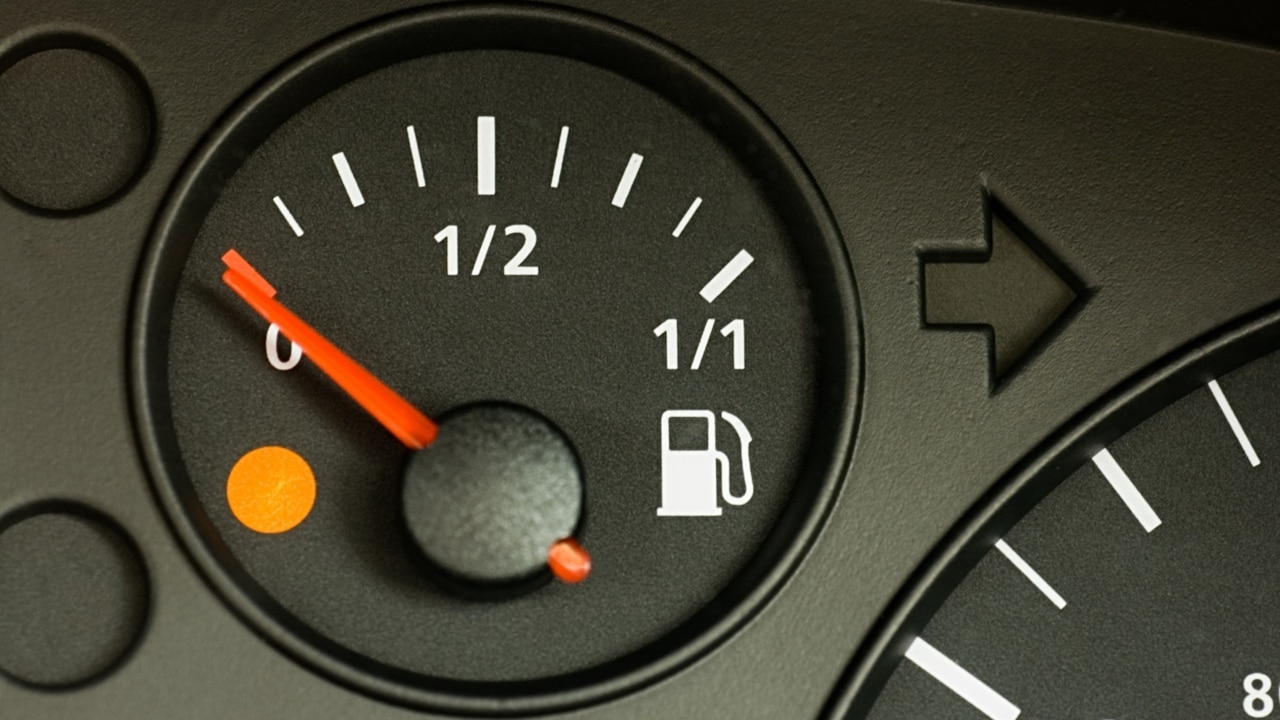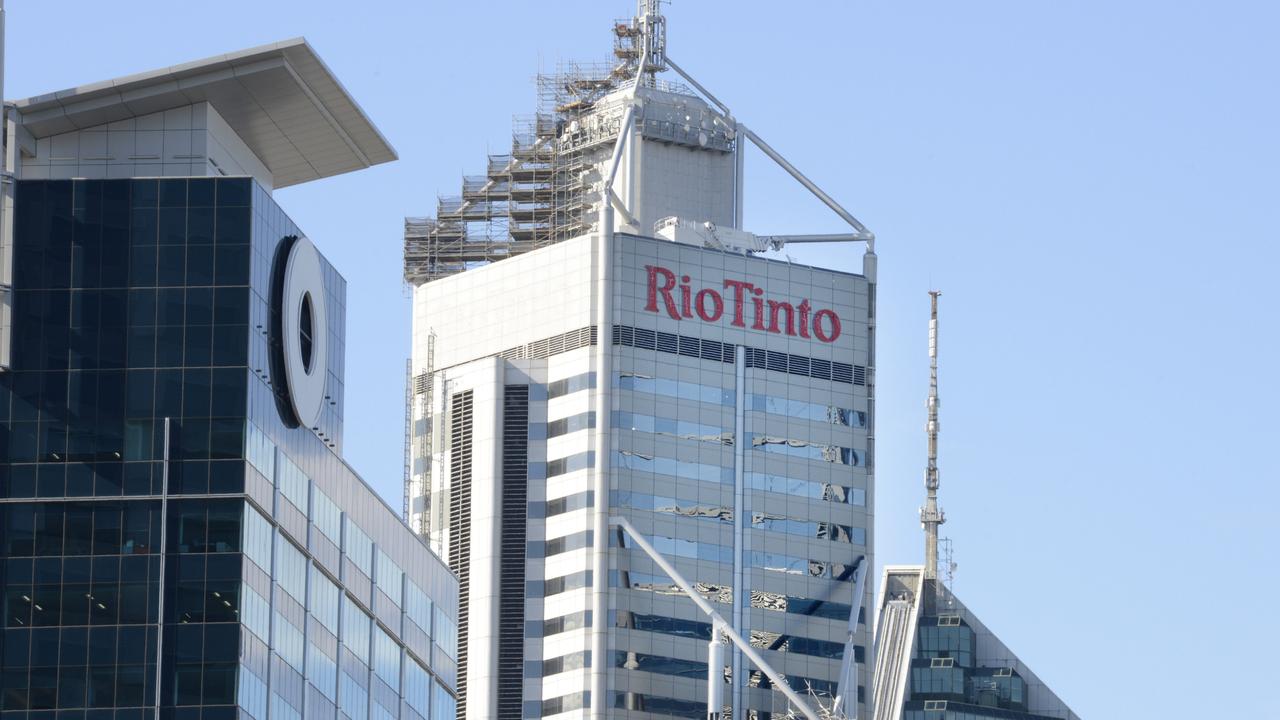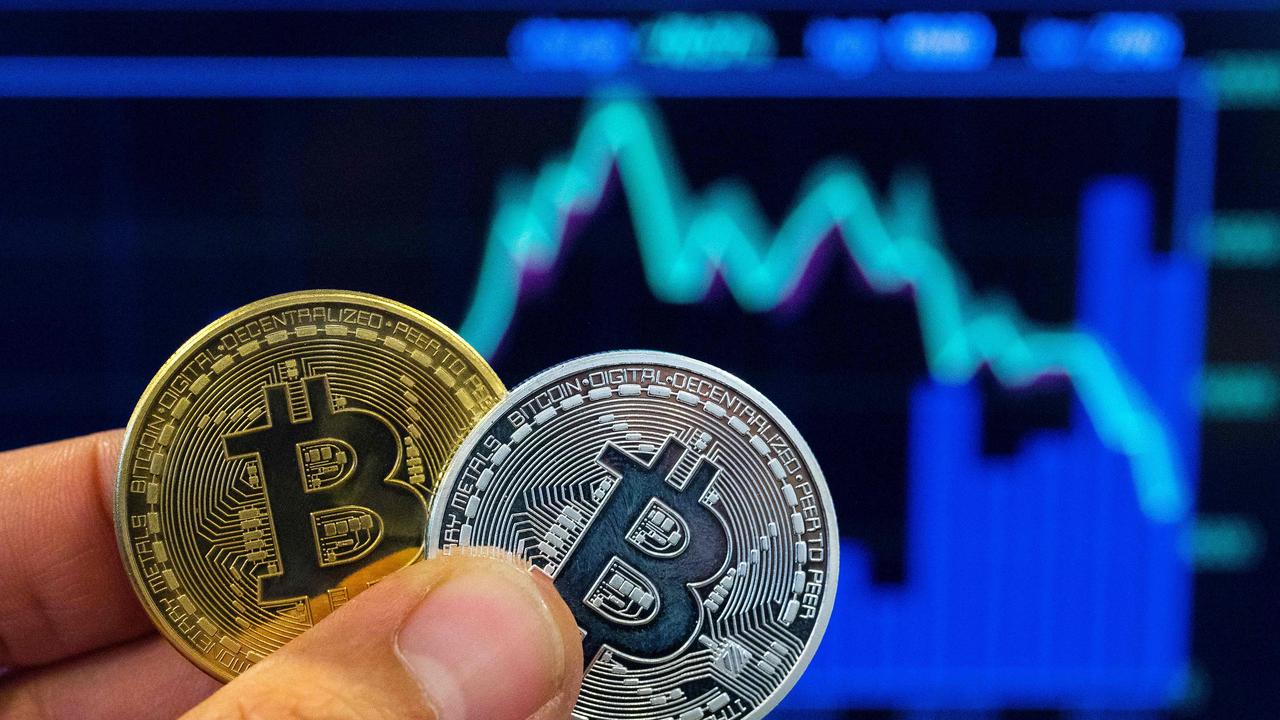Developing countries in strife as inflation soars
New economic data paints a grim picture of the state of the world, with one top economist warning for some countries debt crises are “pretty much already there”.

The number of emerging markets in the world where investors believe default is a real possibility or are already in default has more than doubled in the past six months, up to 19 nations.
The data from Bloomberg Economics paints a grim picture as the surge in global interest rates and inflation takes its toll.
In fact, one of the hardest hit countries is predicted to hit an inflation level of a staggering 60 per cent.
El Salvador, Ghana, Tunisia, Pakistan and Egypt are the countries seen as most vulnerable to default.
Sri Lanka defaulted on its foreign debt for the first time in its history last month.
The nation of 22 million is battling an economic crisis and the government has run out of foreign currency to import critical items, with dire shortages of essentials and devastating power cuts fast becoming the norm, with schools closed and employees ordered to work from home.
Sri Lanka Prime Minister Ranil Wickremesinghe said inflation was tipped to rise to 60 per cent by the end of the year.

World Bank chief economist Carmen Reinhart said inflation was a regressive tax that “hits the poorest countries and the poorest households”.
“The list of countries facing debt distress or high risk of debt distress is quickly mounting,” she said, speaking on Bloomberg Daybreak: Australia last week.
“The rise in US rates, China who had been a major lender has scaled back lending recently, and of course we have the uncertainty that the risk on environment that we’ve had during the low-rate environment may turn to a more permanent or long-lasting risk-off, which blankets the emerging markets. All of those things add to the debt risks.
“With the low-income countries, debt risks and debt crises are not hypothetical. We’re pretty much already there.
“It’s just that the countries are small and don’t grab the headlines … the way the big emerging markets do.”
Bloomberg has reported $US237 billion ($A347 billion) is at stake due to foreign bond holders in notes that are trading in distress – almost a fifth of the $US1.4 trillion ($A2 trillion) emerging-market sovereigns have outstanding in external debt denominated in dollars, euros or yen.


The debt level of emerging markets’ rose during the pandemic.
A sovereign default is when a country’s government fails to pay back its debt in full when due.
When a nation defaults on its debt, the entire economy takes a hit – as seen in Sri Lanka.
As well as Sri Lanka, Russia defaulted this year when bond holders did not receive $US100 million ($A146 million) in interest payments last month.
However, Russia called it a “farce” and insisted it had the funds to honour the country’s debt but Western sanctions had created “artificial obstacles”.
Unprecedented Western sanctions that have increasingly isolated Russia from the global financial system following its invasion of Ukraine.
Volatile commodity prices have been made worse by the war, as countries ban the purchase of Russian oil and gas, among other products.





